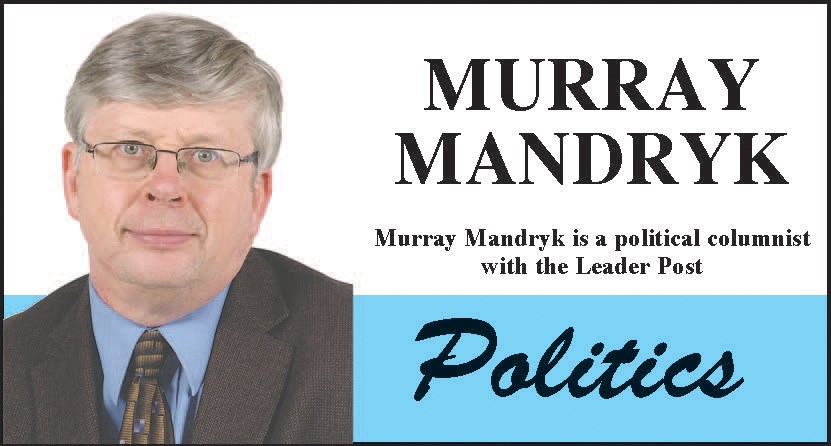The Saskatchewan Party government has been telling us for months now that COVID-19 means a “new normal” for all us.
But that “new normal” surely isn’t СŔ¶ĘÓƵ applied to the re-opening of schools in this province in three weeks.
Here, Education Minister Gord Wyant and Chief Medical Health Officer Saqib Shahab are now talking about things СŔ¶ĘÓƵ “near normal."
When Saskatchewan’s 27 school divisions re-open their classrooms around Sept. 1, the government insists that things should simply be pretty much as they were when schools shutdown in mid-March.
Sure, there will be a few adjustments, as outlined last week in its Safe School Plan.
Kids will now be assigned seats on buses (preferably, sitting with family members if that is the reality) and buses will need to be cleaned more frequently. Where possible, the government is encouraging parents to drive their kids to schools and avoid buses altogether.
Teachers will be asked to move between classrooms where practical (this likely won’t be the case in larger high schools where kids in home rooms quickly spread out to different classes) to reduced hallway traffic and the chances of spreading the novel coronavirus.
There will be dedicated entrances and exits doors and directional flow signs kids will be expected to follow. (Good luck with that.)
There will be staggered recesses and lunches, increased sanitation of toys and classroom equipment (although no additional money for hiring cleaning staff).
It calls for limited physical contact hugs and hand-holding (again, “wherever possible”), protocols for backpacks and reconfigurations of existing classrooms (as best as teachers can) “to minimize contact”.
But already overcrowded classrooms won’t have classroom size limits And while Alberta, Ontario, Quebec and Nova Scotia are now calling for kids in schools to wear masks, no such requirements will be enforced here.
Mask use will be implemented if the government and Shahab feel the need to move to further more restrictive stages.
But that approach, too, flies in the face of how government did gradually re-open the economy by loosening restrictions in five progressive stages.
When it comes to schools there are four stages, but we begin with “near normal” and will only go backwards if it’s deemed necessary to do so.
Wyant said last week that his government has purchased six million masks for school use in case we have to do just that. And the announcement suggested families to have a couple washable masks per child, but they won’t – at least initially – be required.
If we are in this COVID-19 fight for many more months as the government suggests, wouldn’t school be one place where we could teach kids about proper mask use and getting them used to the idea?
The government’s approach is not sitting well with many teachers, parents and others who see this strategy as one that risks both children and community safety and hard-won progress we’ve all made in the COVID-19 fight.
And it certainly hasn’t sat well with the NDP Opposition.
“There is a massive gap between what they are telling us needs to happen and what we see today from this Sask. Party government,” said NDP education critic Carla Beck. “What Gord Wyant has produced is not a plan for schools – it’s a plan to fail the test of protecting students, families and education professionals.”
 It is rather strange that after having months to prepare special plans to ensure that kids are safe, the Saskatchewan government plan doesn’t go much beyond advising parents to keep sick kids home and doing what very much seems to be the basics.
One gets the government wanting to ensure the learning environment be as normal as possible.
But with recent record numbers of active cases, it does seem the back-to-school plan is taking some big chances.
Murray Mandryk has been covering provincial politics since 1983.




